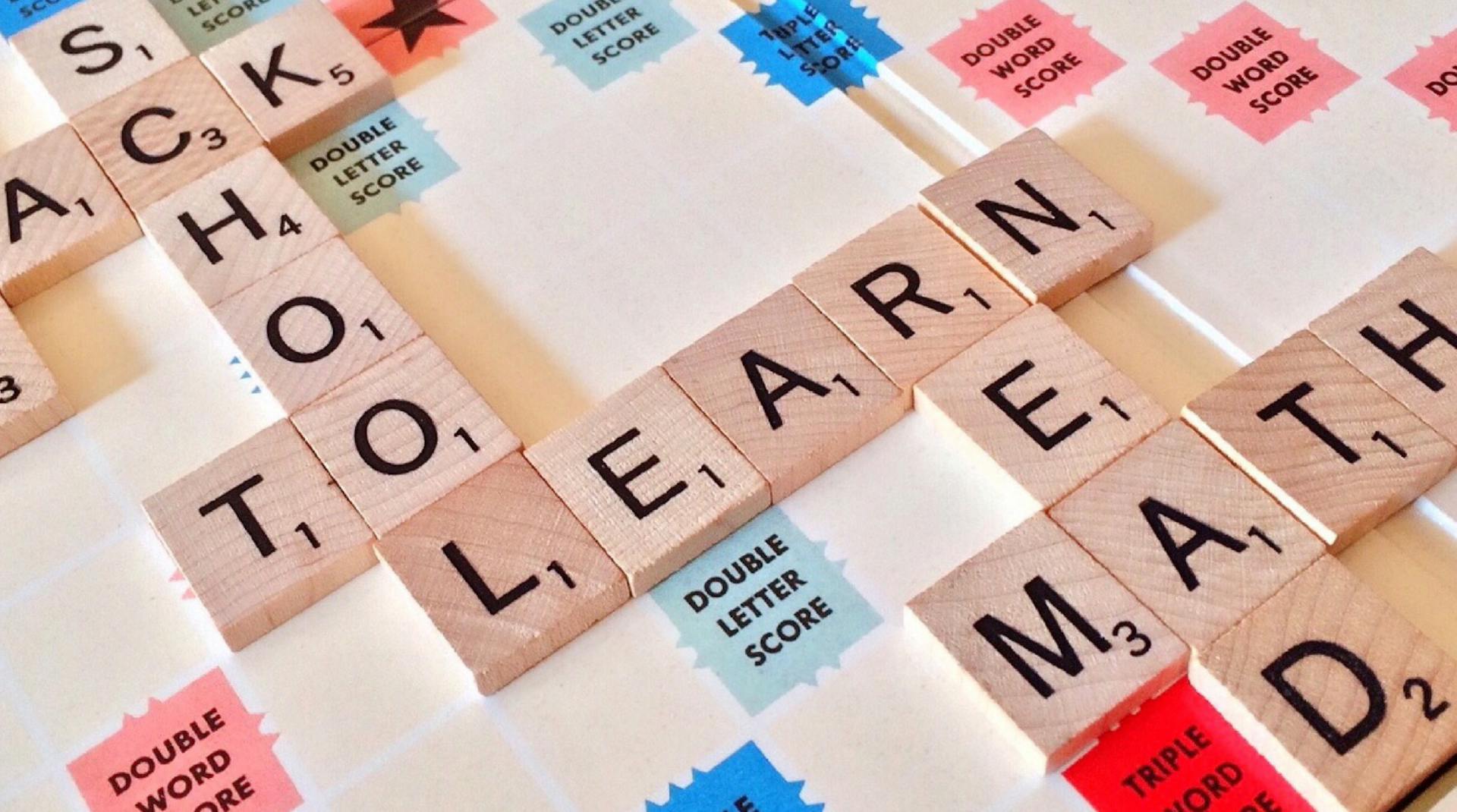
Are you new to speaking English and want to learn how to talk about family in English? You're not alone! People love talking about their awesome family, but it can be challenging when you don't know the right words. Fortunately, with a little bit of practice and some general vocabulary terms, you'll be able to effortlessly discuss your family with anyone.
In this beginner's guide, we will cover the essential vocabulary and phrases needed to talk about family in English. Whether you are meeting new people or having a conversation with friends and colleagues, these tips will help you speak confidently about your loved ones. From immediate family members like parents and siblings to extended relatives like grandparents and cousins, we've got you covered. So let's dive in!
What Do They Look Like? What Kind Of People Are They?
When we talk about family in English, it's important to be able to describe someone's physical appearance. Let's start with a general overview. Most families have different body shapes and sizes, but people usually have some distinguishing features that make them unique. For example, my sister has pretty long hair and green eyes, while my dad is pretty tall and a bit fat.
Now let's get into some specific features. My mom has dark brown hair and wears glasses, and she's pretty strict about things like eating healthy food unlike my dad who loves playing computer games and playing tricks on us. On the other hand, my cousin has long black hair and a cheeky smile that always brightens up our family gatherings.
Lastly, let me tell you about my best friend. She has great sense of humor and things she's funny, which is why we get along so well! She also has really nice hair - it's kind of curly but not too much - and her hair color is black with some highlights in it. Overall, describing someone's physical appearance can be easy if you keep things simple and focus on the general features as well as any distinguishing ones they may have.
Discover the Members of Your Family: Who Are They?
Who are the members of your family? Your family is a group of people related to you by blood or marriage. Your parents, siblings, grandparents, aunts, uncles and cousins are all part of your immediate family. Extended family members include great-aunts and uncles, second cousins and distant relatives.
My immediate family consists of my mum, dad, older brother Sam, younger brother Luke and sister Chloe. My dad runs his own construction company while my mum works as a nurse at our local hospital. Sam is currently in high school and hopes to become an engineer one day. Luke is still in middle school and loves playing basketball with his friends after class. Chloe teaches computer stuff at our local community college.
It's important to know who your family members are because they play an important role in shaping who you are and where you come from. They provide emotional support during difficult times and celebrate your achievements with you. Don't give up on getting to know them better - even if it means having difficult conversations or home writing articles about them! You never know what interesting stories or insights might come out of these interactions.
You might like: Difficult Hard English Words
Discover Shared Interests: What Activities Bring You Closer?
Families enjoy spending time together and finding common interests can bring you closer. A simple act such as having a Sunday lunch can turn into a big lunch where everyone has a good time. Sitting at the dinner table is also an opportunity to share things that have happened during the week and hear what others have been up to.
If your dad loves cooking, why not start preparing meals together? It's a great way to spend time with each other and learn something new. Similarly, if your sister likes to travel, ask her about her favorite travel destinations and plan a trip together. These shared experiences create lasting memories and strengthen relationships.
During family gatherings, everyone has an interesting story to tell. Take turns sharing stories or play games that involve storytelling. This not only brings laughter but also encourages communication between family members. Finding activities that you enjoy doing together can be beneficial for strengthening bonds and creating a sense of unity within the family.
Where Do All Your Family Live?

When it comes to talking about family in English, one common question people ask is where does your family live? As for me, my family live in different parts of Malaysia. My parents and younger brother live in a small city called Ipoh, while my older brother lives in the bustling capital city of Kuala Lumpur.
Growing up, we lived in a small house with just enough space for our family of five. However, now that we are all grown up, my siblings have moved out to pursue their own careers and goals. My sister doesn't live too far from our hometown, but she resides in a student dormitory as she is currently studying at a local university.
Looking at the bigger picture though, it's fascinating how my family has spread out across Malaysia. Despite the distance between us, we still find ways to keep in touch and visit each other during holidays or special occasions. It just goes to show that no matter where your family live, they will always hold a special place in your heart.
Frequently Asked Questions
Is it appropriate to talk about family and relatives?
Yes, it is appropriate to talk about family and relatives in certain contexts such as genealogy research, sharing personal experiences, or discussing cultural traditions. However, it is important to be respectful and mindful of others' boundaries and privacy.
What should I talk about in a conversation?
Talk about topics that interest both parties, such as hobbies or current events. Avoid controversial or sensitive subjects unless you know the other person's views. Remember to actively listen and ask open-ended questions to keep the conversation flowing.
How can I continue practicing family-related vocabulary?
One way to continue practicing family-related vocabulary is to use language-learning apps or websites that offer exercises and quizzes on this topic. Reading books or watching TV shows that feature family dynamics can also help improve your vocabulary in this area. Additionally, practicing conversations with native speakers or language exchange partners can be a great way to reinforce your knowledge and develop your skills further.
How do I learn words that describe family members?
To learn words that describe family members, start by making a list of family members and their relationships to you. Then, research common terms for those relationships and practice using them in sentences. Consistent practice will help reinforce your understanding and usage of these words.
How to talk about your relationship with your family members?
Be honest and open with your family members about your relationship. Listen to their concerns and opinions, but also set boundaries and communicate your own needs. Seek professional help if necessary.
Featured Images: pexels.com


